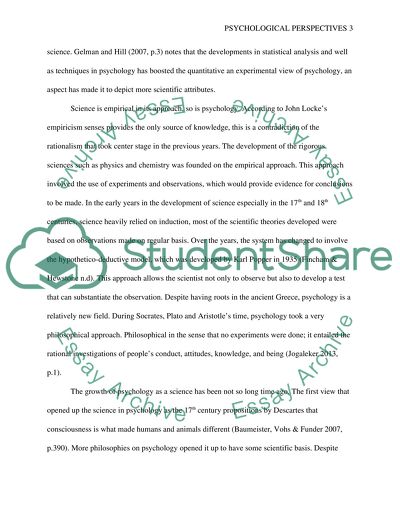Cite this document
(“Perspectives in Psychology Essay Example | Topics and Well Written Essays - 2000 words”, n.d.)
Retrieved from https://studentshare.org/psychology/1652750-perspectives-in-psychology
Retrieved from https://studentshare.org/psychology/1652750-perspectives-in-psychology
(Perspectives in Psychology Essay Example | Topics and Well Written Essays - 2000 Words)
https://studentshare.org/psychology/1652750-perspectives-in-psychology.
https://studentshare.org/psychology/1652750-perspectives-in-psychology.
“Perspectives in Psychology Essay Example | Topics and Well Written Essays - 2000 Words”, n.d. https://studentshare.org/psychology/1652750-perspectives-in-psychology.


